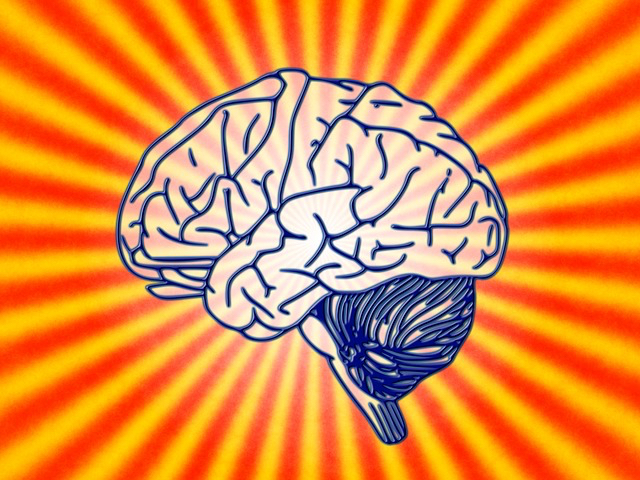Want a better brain? Exercise!
 Want a better brain? Every day more scientific studies and academic papers are being published discussing how exercise is essential to brain health – and everyone at Ageless Grace couldn’t be happier. After all, the premise of Ageless Grace is that you must move your body while thinking, playing, etc. to improve brain function.
Want a better brain? Every day more scientific studies and academic papers are being published discussing how exercise is essential to brain health – and everyone at Ageless Grace couldn’t be happier. After all, the premise of Ageless Grace is that you must move your body while thinking, playing, etc. to improve brain function.
We’ve got another great opportunity for you to become more familiar with Ageless Grace, and even get certified to teach our program if that is your wish!
Feb 20 – Personal Seminar, Teacher Certification, and Public Classes in Virginia! Click Here to learn more. Remember, everyone in your life, whether young or old would benefit spending more time exercising and more time doing Ageless Grace. Exercise for a better brain.
Need more encouragement to get involved with Ageless Grace and get moving? The following is a fascinating article from BrainFacts.org which discusses how exercise beefs up the brain!
Boost your brainpower. Train your brain. These days it’s hard not to become distracted by ads for the latest program that promises to help you learn faster and hold onto memories longer.
Run for your life! Regular aerobic exercise has been associated with increased cognitive abilities, including benefits to learning and memory. But, even as scientists continue to explore the effects of various brain-training programs, a wealth of evidence makes one thing quite clear: physical exercise benefits the brain. Over a decade of research in animals and people shows that engaging in regular aerobic activity leads to changes in the brain associated with improved cognition.
Exercise increases birth of new nerve cells
One of the earliest clues about exercise-induced changes in the brain came in the late 1990s, when a group of scientists decided to compare the brains of mice given unlimited access to an exercise wheel (runners) to those of mice without exercise wheels in their cages (non-runners).
Compared with the non-runners, the researchers discovered that physically fit mice had double the number of new nerve cells in a region of the hippocampus — an area of the brain involved in learning and memory. When the scientists later taught the runners and non-runners to navigate a water maze, they found the runners learned the task faster than the non-runners and took a more direct route to the maze end. Click Here to read the entire article.